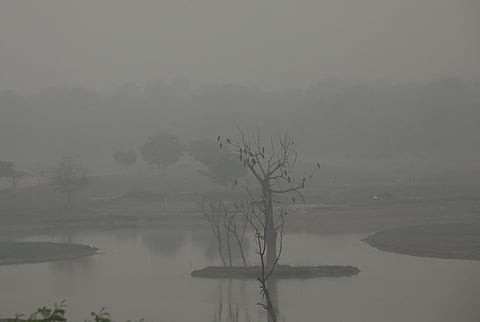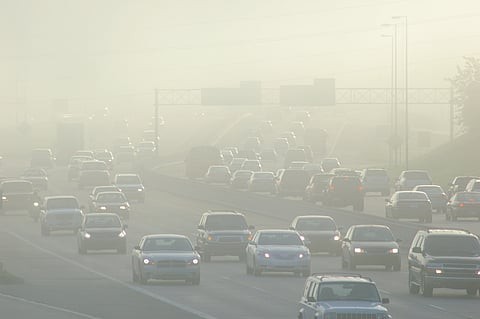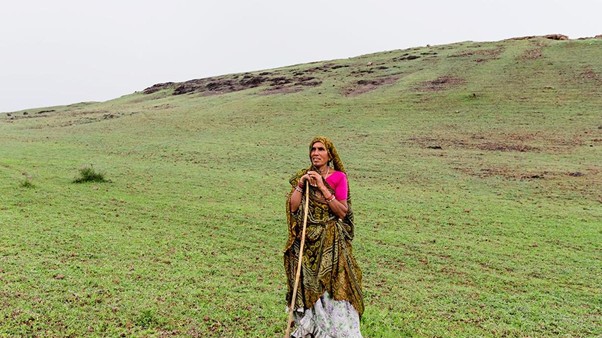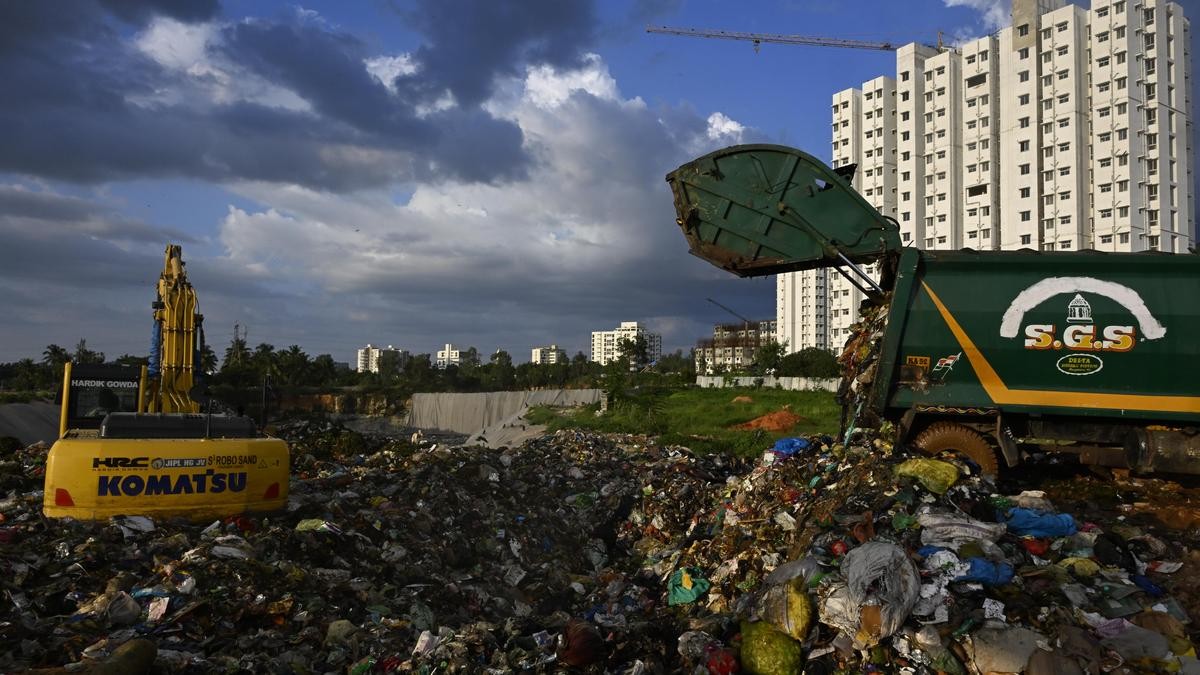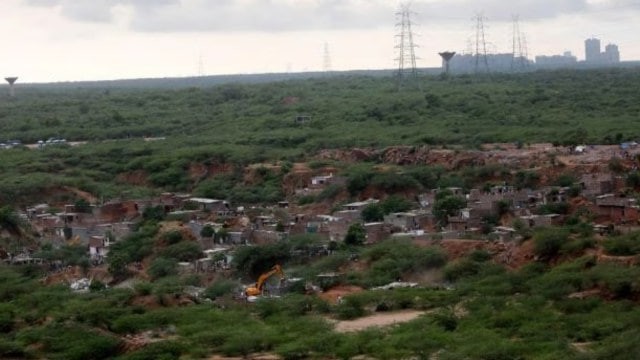Description
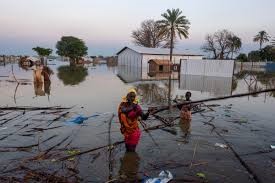 Disclaimer: Copyright infringement not intended.
Disclaimer: Copyright infringement not intended.
Context
- The latest series of floods took place in the backdrop of soaring global temperatures.
- Therefore, it can be tempting to see the deluge in different regions as a direct consequence of climate change. Attributing any flood event to climate change, however, is a tricky endeavour.
Details
- More than 11,000 people were killed and 30,000 were displaced in Libya after torrential rains caused once-in-a-century floods that burst dams and swept away buildings, according to local officials.
- The disaster came after devastating floods were reported on four continents within the first 10 days of September.
- Severe rainfall inundated parts of central Greece, northwestern Turkey, southern Brazil, central and coastal Spain, southern China, Hong Kong and the southwestern US.
- While a Mediterranean storm called Daniel led to floods in Libya, Greece and Turkey, a cyclone wreaked havoc in Brazil and another storm known as Typhoon Haikui caused flooding in Hong Kong and China.
- The latest series of extreme weather events took place against the backdrop of soaring global temperatures.
- Therefore, it can be tempting to see the deluge in different regions as a direct consequence of climate change. Studies have shown that global warming is most likely affecting flooding.
- Attributing any flood event to climate change, however, is a tricky endeavour.
- One, there isn’t enough data to observe shifts over time (climate deniers don’t rejoice yet; more details on it later).
- Two, several other factors have enormous influences on the frequency and intensity of floods.
Relation between climate change and flood
- Although it isn’t clear if climate change is inducing floods directly, scientists maintain that it’s certainly exacerbating many of the factors that do. Take heavier precipitation for instance.
- With higher temperatures, there is more evaporation from land, oceans and water bodies, which means a warmer atmosphere, can hold more moisture.
- Experts suggest for every 1 degree Celsius rise in average temperature, the atmosphere can hold about 7% more moisture.
- This makes storms more dangerous as it leads to an increase in precipitation intensity, duration and/or frequency, which ultimately can cause severe flooding.
- A recent study, published by the journal Nature, showed that since 2002, precipitation extremes have been closely correlated with rising temperatures.
- It also noted that with soaring mercury, the planet has become both drier and wetter at the same time.
- “Warmer air can suck moisture out of the soil, amplifying droughts. On the flip side, warm air can also hold more moisture, meaning that it can transport more water into an already wet region," a report by the Grist magazine noted.
- Rising sea levels is another example. Higher global temperatures have resulted in the melting of glaciers and ice sheets, leading to an increase in sea levels, which puts coastal regions at higher risk of flooding.
- According to a 2022 report by NOAA Climate, the global mean sea level has risen about 21–24 centimeters since 1880.
Hard to attribute floods to climate change
- The problem is that there are limited historical records, particularly for the most catastrophic floods, which occur less frequently.
- Moreover, as mentioned before, there are too many factors (like local weather patterns, soil character, and topography of the affected area) at play to pick and blame for flooding in a region.
- Similarly, scientists have yet to figure out the relationship between tornadoes and climate change. This isn't true for every extreme weather event, though.
- There is enough evidence to show that global warming has increased the number of hot days.

Other factors that affect flooding
- Local conditions like topography and how wet the soil is contribute to the flood development.
- For example, drier soils are more capable of absorbing most of the rainfall in comparison to wetter soils.
- However, both really dry and wet soils can't absorb much water.
- Weather patterns also have a significant role. A case in point is the 2022 Australian floods. Much of the eastern coast of the country was inundated due to persistent heavy rainfall.
- The situation worsened as rain fell on already-soaked surfaces, setting up ideal circumstances for deluge in the region.
- Deforestation is yet another ingredient in the occurrence of floods. Trees firmly hold soil, and their roots are known to absorb excess surface water, channeling it to underground reservoirs. Without many trees in an area, the natural blockage that prevents the unchecked flow of water goes away, leading to floods.
- A 2007 study done by researchers from Australia’s Charles Darwin University and the National University of Singapore found that with every 10% increase in trees being cut down, the flood risk increases by up to 28%.
Inadequate maintenance of infrastructure may cause floods too.
- In Libya’s port city of Derna, the severity of floods was so huge because heavy rainfall caused two of the city’s dams to burst — they collapsed under the pressure of water gathered behind them during the storm.
- Several reports have suggested that the dams may have been in a dilapidated state due to the negligence of authorities.
Human encroachment into floodplains is one more reason for flooding, according to experts.
- In July, Delhi witnessed its worst floods in history.
- The Yamuna River rose to 208.66 meters, submerging the Ring Road and leaving Kashmere Gate, Civil Lines, ITO, and Rajghat waterlogged.
- A committee that looked into the disaster found that the main reason behind the deluge was excessive encroachment.
PRACTICE QUESTION
- Analyze the impact of climate change on the Indian monsoon and the consequences and water resources.
https://indianexpress.com/article/explained/explained-climate/climate-change-affects-floods-8941878/





 Disclaimer: Copyright infringement not intended.
Disclaimer: Copyright infringement not intended.